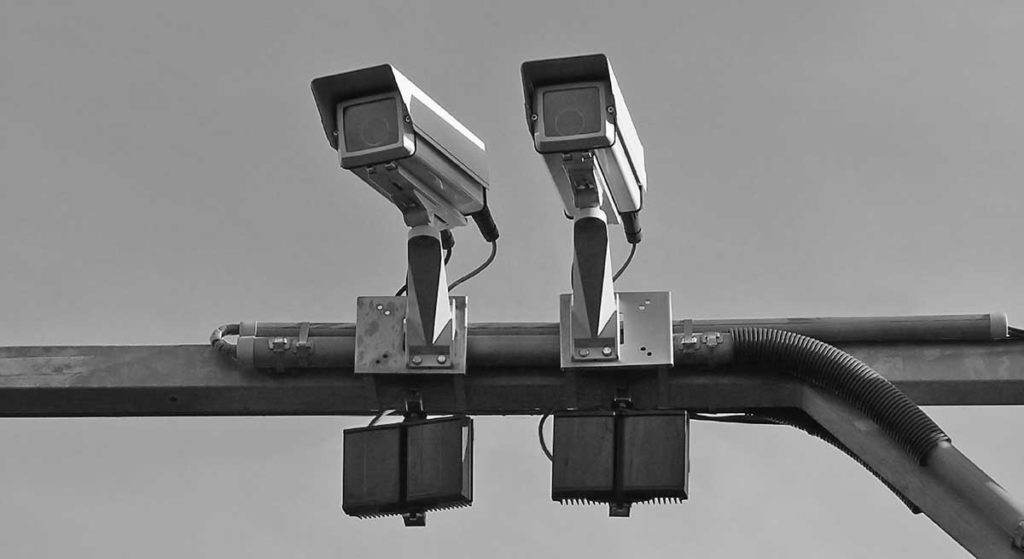Aaron Swartz Day Police Surveillance Project (a satellite public transparency project run by Aaron Swartz Day and inspired by Oakland Privacy) and Open the Government (a DC-based transparency org) have filed a joint lawsuit against the Long Beach Police Department for failing to disclose records on their use of cell site simulators and facial recognition technology.
The lawsuit is one of series launched by the Aaron Swartz Day Police Surveillance Project to demand that municipal police departments respond to public records requests. Previous suits against the Sacramento Sheriff’s Department and the Fresno Sheriff’s Department resulted in the release of disclosable records about surveillance technology in use.
You can read the complaint against the Long Beach Police Department below




